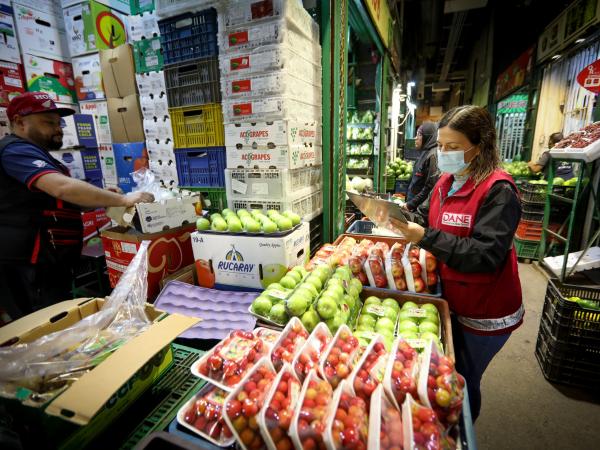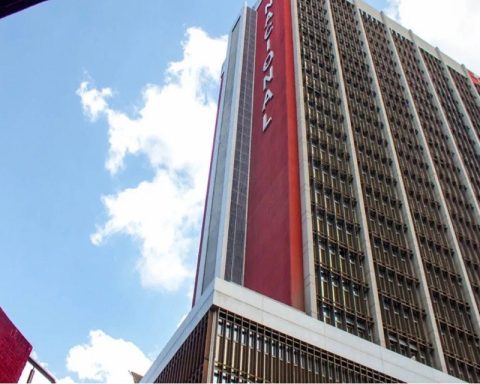The National Administrative Department of Statistics delivered the data of the Consumer Price Index (CPI) for July, which in its annual variation it is located at 10.21%, that is, 6.24 percentage points more than that reported in the same month of the previous year, when it was 3.97%.
(See: June, highest month in oil production since December 2020).
This annual data comes as the Colombian economy outperforms its peers and the weaker peso drives up import costs.
Electricity prices were up 22.5% from a year earlier, while milk was up 38.2% and beef 27.2%.
In terms of social classes, inflation was 11.9% for the poorest consumers and of 8.8% for the high income, the Dane explained.
For its part, the monthly variation of inflation in July 2022 was 0.81%, while the variation for the year to date was 7.96%.
(See: The requests of small and medium-sized companies to the new government).
The monthly behavior of total inflation in the seventh month of the year (0.81%) was mainly explained by the monthly variation of the divisions afood and non-alcoholic beverages and accommodation, water, electricity, gas and other fuels.
The greatest variations occurred in the divisions pclothing and footwear (3.60%) and food and non-alcoholic beverages (1.17%).
The figure of 10.21% is much higher than the objective set by the Banco de la República: an annual inflation of 3%.
(See: Colombia, among the economies with the highest risk of ‘default’).
At the end of July, the Issuer raised the interest rate to 9%, the highest since 2009, and indicated that it could continue raising it, although at a slower pace.
The entity has also estimated that the Colombian economy would grow 6.9% in 2022. The country’s expansion in 2022 would exceed that of Brazil, Mexico, Chile and Peru, according to estimates by the International Monetary Fund.
Inflation has accelerated in both developed and emerging markets over the past year as demand recovered from the pandemic before supply fully recovered.
(See: Moody’s highlights the strength of the economy in the face of the new government).
That got worse later with the Russian invasion of Ukraine, which hit energy and grain supplies.
BRIEFCASE
*With data from Bloomberg
















